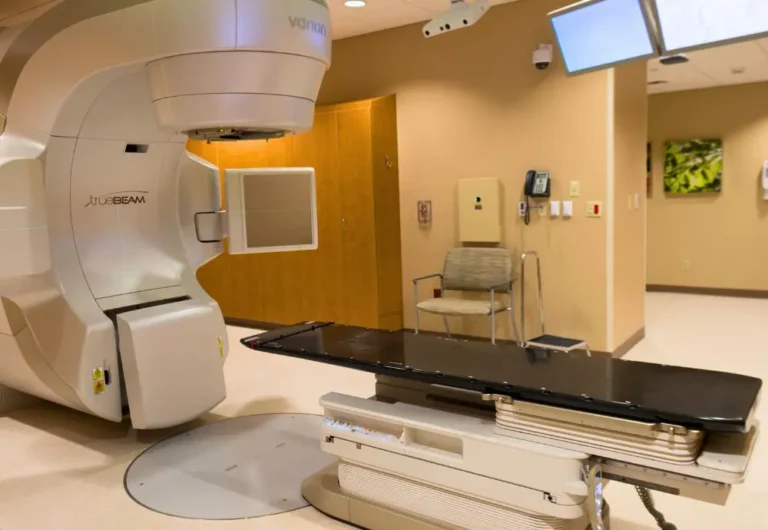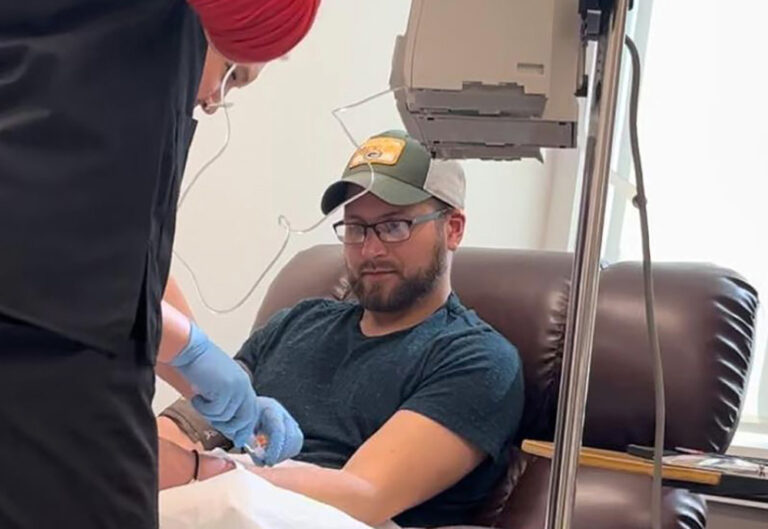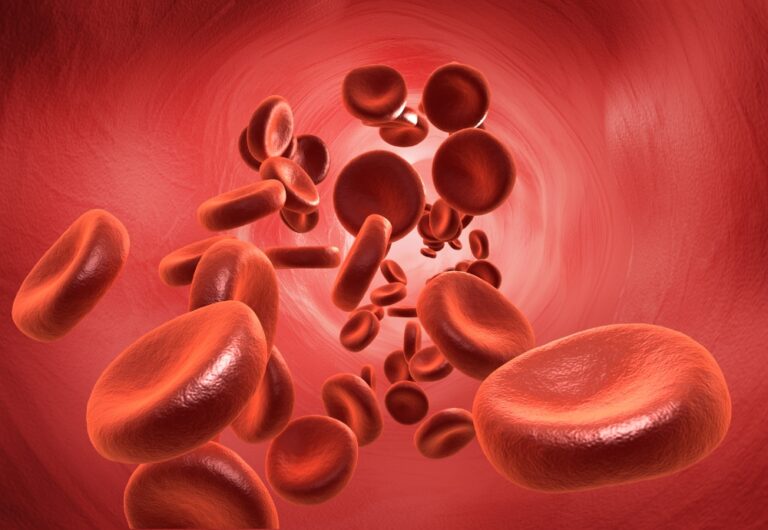Obesity is an epidemic and a preventable illness.
It is estimated that 1 in 3 adults and 1 in 5 children in the United States are obese. In a few years, obesity (NOT tobacco) will become the number one cause for many types of common cancers.
Obesity is defined as having too much body fat, as opposed to being overweight which refers to an excess of body weight. One way to determine obesity is to use the body mass index or BMI. To calculate the BMI:
Weight in pounds divided by (height in inches x height in inches) x 703
- Ideal BMI = 18-25
- Overweight = 25-30
- Obese = 30-40
- Morbidly obese = anything over 40.
Obesity is caused by taking in more calories than a body burns. The extra calories are then stored as fat. Contributing factors include taking in too many calories as well as not getting enough exercise each day.
Obesity results in a long-term energy imbalance that increases a person’s storage of fat and also circulating levels of fatty acids. These higher levels of fatty acids can cause resistance to insulin. Insulin is a hormone essential to regulating the body’s metabolism. Insulin resistance has been associated with the development of diabetes, heart disease, hypertension and certain cancers including breast, colon, prostate, kidney, liver and endometrial.
The association of obesity and cancer isn’t yet fully understood. So far, we know that:
-Fat tissue produces excess amounts of estrogen, high levels of which have been associated with an increased risk of breast and endometrial cancer.
-Elevated levels of insulin and insulin growth factor-1 in the blood of obese people causes increased cell division, which could eventually lead to cancer. Fat cells produce hormones called adipokines which stimulate cell growth. Also, the adipose tissue causes a state of chronic inflammation which lowers the body’s immune response and allows abnormal cells to grow and propagate.
Unfortunately, there is no one way to magically solve the obesity epidemic. Exercise and appropriate diet can slowly reverse the process. Hopefully, future research will give new insight why certain people are more prone to obesity and this will allow for development of new treatment options. Until then, an ounce of prevention is definitely worth a pound of cure.









